News
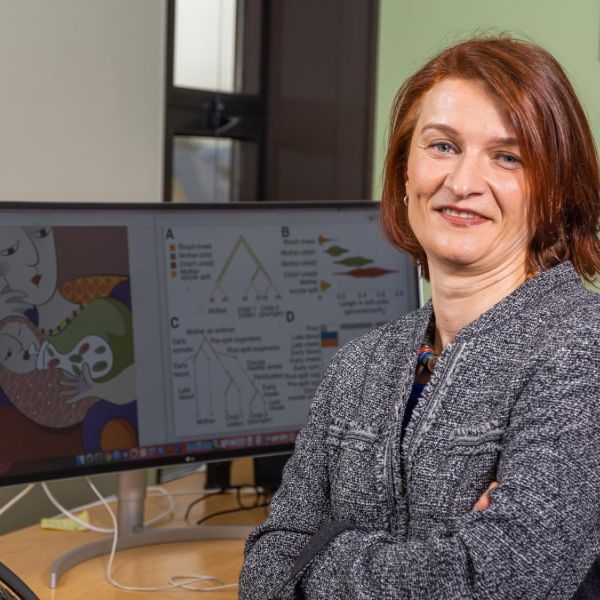
Sep 28, 2022
Makova awarded Masatoshi Nei Innovation Prize in Biology
Kateryna Makova, Verne M. Willaman Chair in the Life Sciences and professor of biology at Penn State, has been awarded the Masatoshi Nei Innovation Prize in Biology. The award was established through a generous gift from Masatoshi Nei, emeritus professor of biology at Penn State and Laura Carnell Professor of Biology at Temple University, and his wife Nobuko Nei.
Full Article
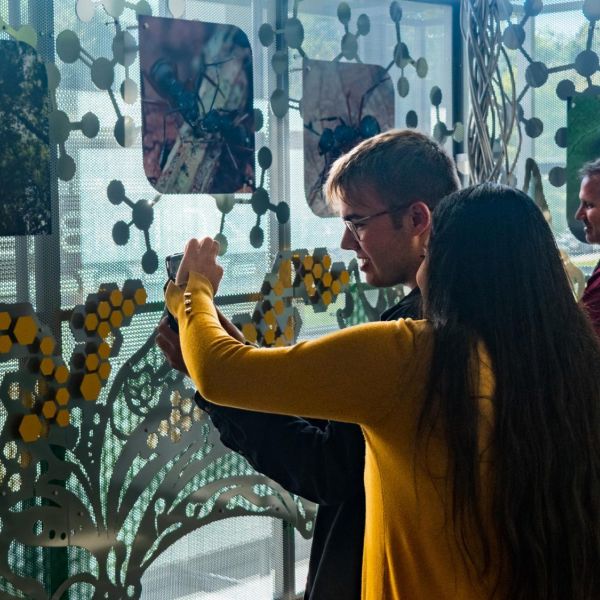
Sep 28, 2022
'Zombie Ant Experience’ invades Penn State Berks
Penn State Berks will host a public reception for the Zombie Ant Experience on Tuesday, Oct. 20. The event will feature Huck Sci-Art Group Director Daryl Branford and senior research artist Talley Fisher, who will introduce the Penn State Berks community to their interdisciplinary project.
Full Article
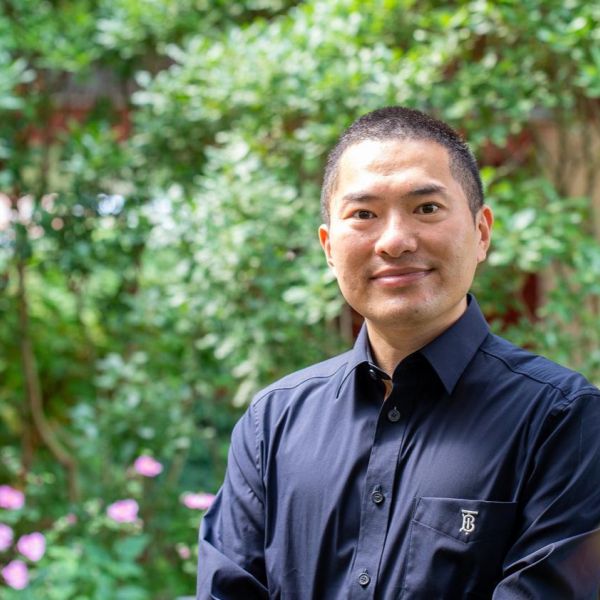
Sep 27, 2022
Game-changing stem cell engineer Lance Lian featured on Symbiotic podcast
Xiaojun “Lance” Lian, associate professor of biomedical engineering, is set to be the Symbiotic podcast’s final guest for 2022 when he appears at noon on Wednesday, Sept. 28 on the Huck Institutes of the Life Sciences’ livestream page.
Full Article
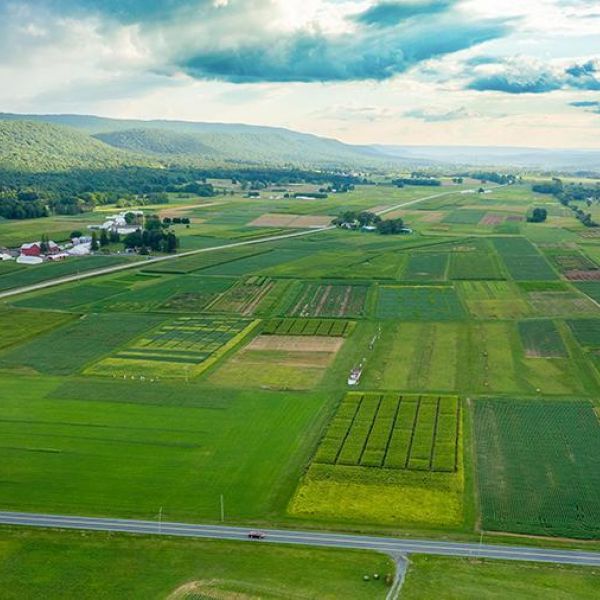
Sep 21, 2022
Mixed cover crops capture carbon in soil, could help mitigate climate change
When it comes to adding carbon to the soil, all cover crops don’t perform equally, according to a team of researchers whose new study revealed the disparity for the first time.
Full Article
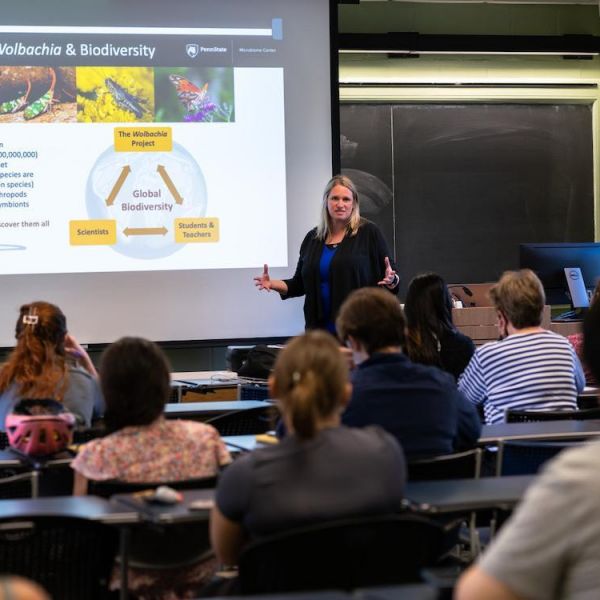
Sep 20, 2022
Heard on Campus: Sarah Bordenstein, The Wolbachia Project
Sarah Bordenstein, associate research professor in the Eberly College of Science, and director of Discover the Microbes Within! The Wolbachia Project, spoke at the Millennium Café on Sept. 13.
Full Article
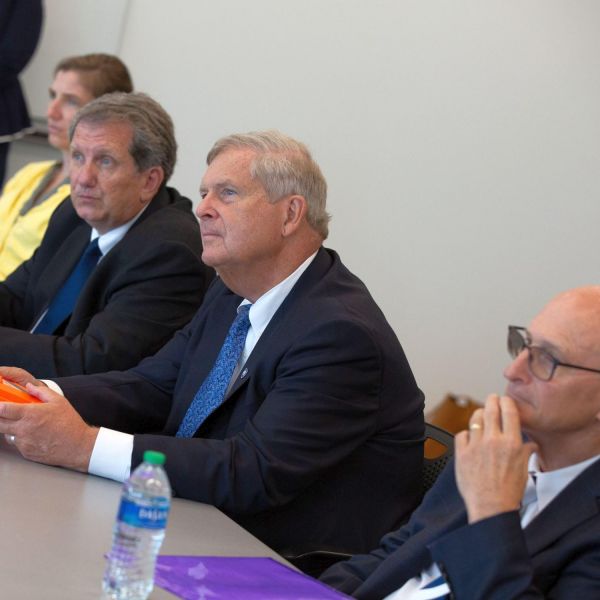
Sep 19, 2022
Penn State awarded grant to help dairy farmers develop climate-smart commodities
Funding of up to $25 million from the U.S. Department of Agriculture will support a new Penn State-led collaboration with dairy industry associations and producers to develop and implement climate-smart practices on Pennsylvania dairy farms.
Full Article
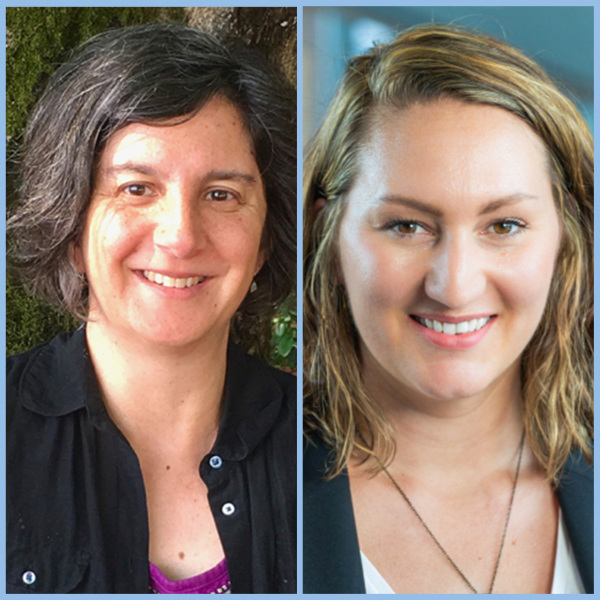
Sep 19, 2022
Lazar, Weyrich selected as inaugural Huck Leadership Fellows
Designed to be an opportunity for professional development and exposure to senior leadership, the new Huck Leadership Fellows Program is being piloted in the 2022-23 academic year, and will run for each academic year thereafter.
Full Article
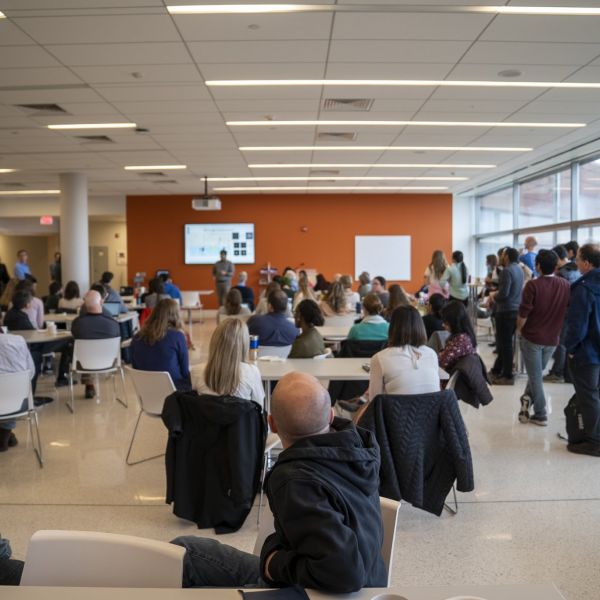
Sep 16, 2022
Millennium Café series to feature special editions in October, November
The Millennium Café, held every Tuesday by the Materials Research Institute (MRI) featuring two talks by Penn State researchers that serve as an exchange of ideas and solutions, will hold three special sessions in October and November.
Full Article
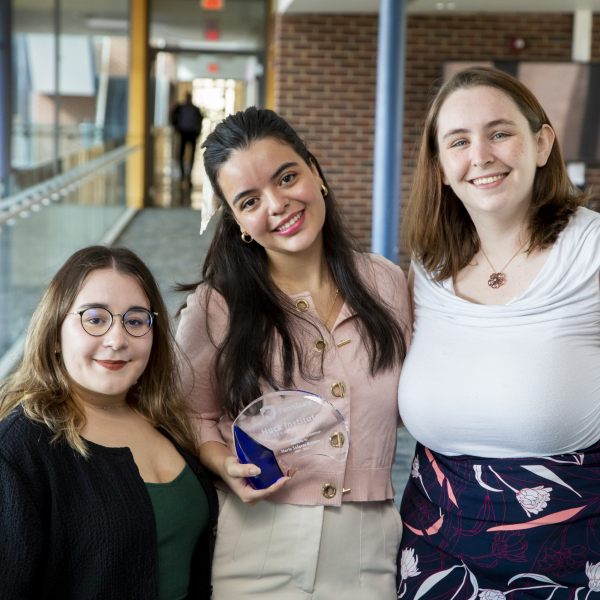
Sep 14, 2022
Huck graduate students elect co-chairs for new academic year
This year, HGSAC members elected two students to serve as the graduate co-advisers for the Huck Institutes for 2022-23; Plant Biology student Alenka Hafner and Bioinformatics and Genomics student Corrine Smolen.
Full Article
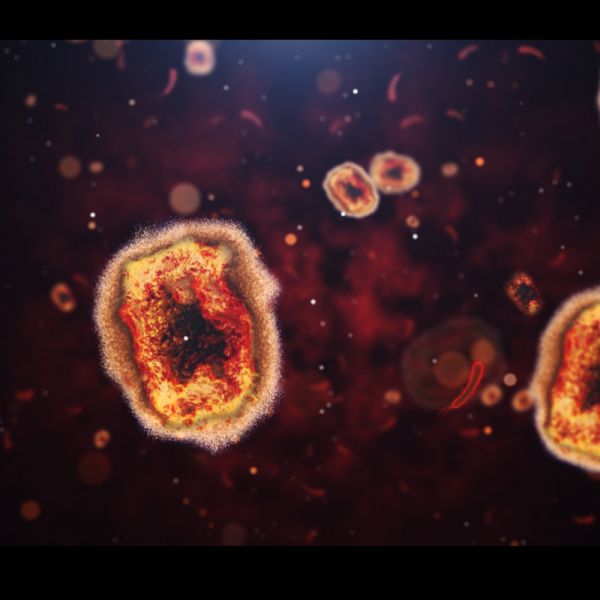
Sep 13, 2022
What are potential animal reservoirs for monkeypox?
While monkeypox has been circulating in Africa for many years, the recent outbreak across the globe has exposed considerable uncertainties about the virus’ transmission.
Full Article